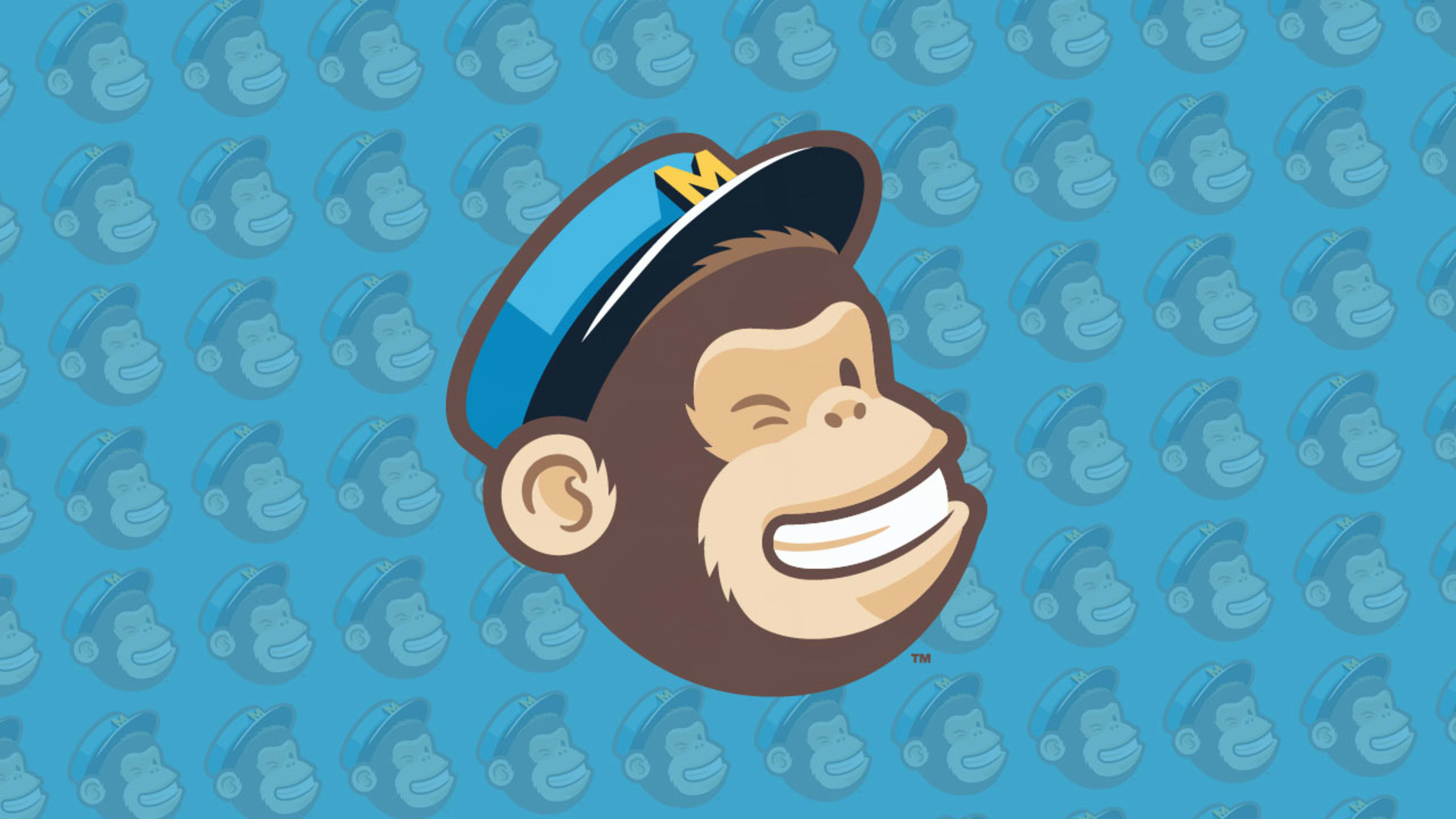When new folks join a company, most are itching to get to work. They’ve probably been through a bunch of interviews and feel excited to dig into something new. It’s the same with hiring managers: After a long hiring process, making an offer, and setting a start date, they’re chomping at the bit to finally bring someone up to speed.
But here at MailChimp, we don’t let new hires touch any actual work for a full week after starting. That may sound inefficient, but since I joined the company five years ago, we’ve welcomed over 600 new employees and invested heavily in our onboarding program. It’s paid off in boosting success across the company—it’s earned high marks from employees who’ve been through it, and our turnover rate is only 4%.
Here’s how it works.
Related: Three Ways You’re Still Onboarding New Hires All Wrong
The Welcome Wagon
On day one, hires are greeted with bags of MailChimp swag and personalized notes from their hiring managers. We get managers involved right away in order to build relationships and reinforce a sense of community. Managers and their teammates also deck out their new colleagues’ desks—despite knowing they won’t actually sit at them for another seven days.
Next, they meet their “Chimpanion.” We developed this program, which pairs newbies up and with seasoned employees, after realizing new hires tended to stick with their start-date cohorts and their immediate teams. That made it tougher for new hires to make connections around the company. Existing employees volunteer to be Chimpanions—usually from a different department—and they’re in charge of walking the new hire around the office and making intros.
Where’s What, Who’s Who, And One Tiny Test
For their first week on the job, all new hires go through onboarding with our Education team. They meet with our Facilities, IT, and Benefits teams to learn all about our office and the perks of working at MailChimp. Throughout their first week, they’ll meet representatives from every department across the company to learn more about what everyone does and how it all fits together.
This can be a lot to take in, but we emphasize our internal motto, “Listen hard, change fast,” and our company values of humility, creativity, and independence.
Then all new hires also take a Birkman Assessment, which illuminates behavioral and occupational styles and helps teams figure out the best ways to communicate with one another. Our Education team guides them through understanding the results—there’s no “good” or “bad” outcome, just a personality profile—which are also made available to each new hire’s manager.
Related: What Personality Tests Really Reveal
Customers, Cofounders, And Coffee
Afterward, we make a point of introducing new hires to key team members who can fill them in on the company’s history, priorities, and overall goals. New hires sit down with our Research team for a “Customer Chat” to learn about the needs and challenges of our customers. All new hires get trained in the MailChimp app (with the exception of new hires on our Support team, who spend six full weeks in training before they’re on the job), but everyone across the company goes through the Customer Chat to learn about the people we exist to serve.
Finally, we host a coffee chat and open Q&A with MailChimp’s cofounders, Ben Chestnut and Dan Kurzius. It gives new hires a chance to connect with the founders and hear about their vision for the company. Plus, we want new hires to feel comfortable from the get-go asking questions about where MailChimp is heading.
Related: 8 Creative Onboarding Practices That Take Employees Outdoors
Do new hires know everything there is to know about the company by the end of this first week? Hardly! But nobody else does, either. A thread we try to weave through the onboarding process is the importance of asking questions and speaking up—and the inevitability of failure. We want all of our employees to feel like this is a safe place to make mistakes, so long as they learn from them. And once they know that, then it’s time to get to work.
Breaking It Down, Monday–Friday
A typical first week at MailChimp looks something like this:
Monday
- 9 a.m. Tour the office
- 10 a.m. Introductions, expectation setting, core values
- 11 a.m. Benefits overview
- 12 p.m. New hires have catered lunch together
- 1:30 p.m. Facilities overview
- 2 p.m. IT overview
- 3 p.m. Birkman Assessment
- 4:30 p.m. Check out their new desks, catch up with manager
Tuesday
- 9 a.m. HR and Culture department overview
- 9:45 a.m. Go over internal communication channels
- 10 a.m. Training for HR and payroll system, elect benefits
- 12 p.m. Lunch with their new team
- 1:30 p.m. Chimpanion event, meet with mentor, scavenger hunt (around the office—just for fun!)
- 3 p.m. Set up computers
Wednesday
- 9 a.m. Department overviews and Q&A sessions with Legal, Design, Product, Support and Compliance, Ops, and Marketing teams
- 12 p.m. Lunch with team leaders from Delivery, Research, Data Science, Facilities, Compliance, Accounting, and Support Operations teams
- 1 p.m. Birkman debrief
- 4:30 p.m. Check-in with manager
Thursday
- 9 a.m. Customer Chat with the Research team
- 10 am. Learn about parking and transportation options
- 11 a.m. Time with team, high-level overview and get to know each other
- 4 p.m. Chat and Q&A with cofounders Ben Chestnut and Dan Kurzius
Friday
-
- 9:30 a.m. Coffee Hour
- 11 a.m. MailChimp Boot Camp, learn about the product and how to use MailChimp
Marti Wolf is chief culture officer at MailChimp.
Recognize your brand’s excellence by applying to this year’s Brands That Matter Awards before the early-rate deadline, May 3.
